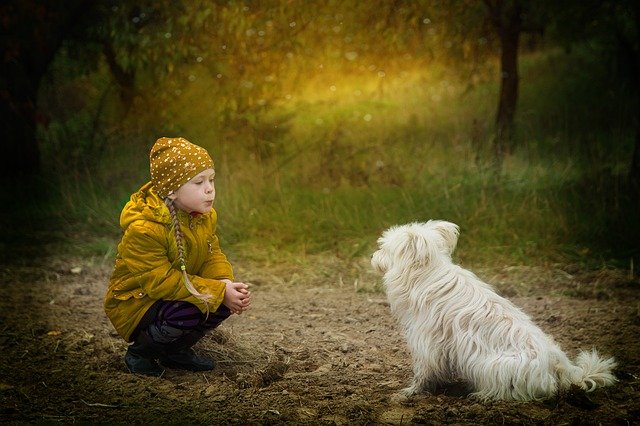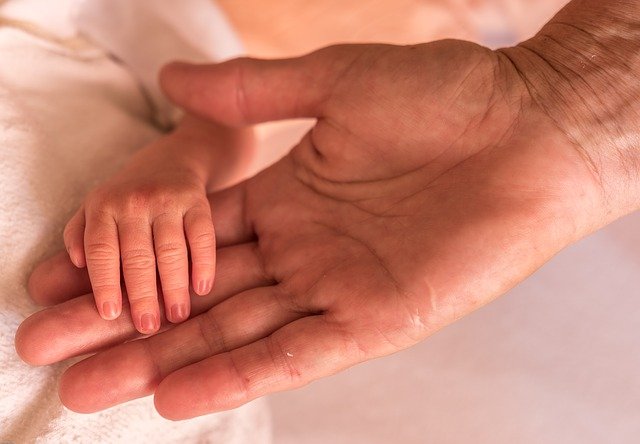We are going to wrap up our series on values with a twofer. Rather than simply focus on one value as we have been doing, we want to use our final two values to emphasize an idea that is important to all values. It is an idea we have alluded to in the title of all of our articles. That idea is that holding one value as a truth can and should help put other values into action. Put another way, what is the point of having a value if you don’t exercise it? Kindness and compassion are two obviously complimentary values.
There is one more thing we will do differently this week and that is we are going to forego discussions of how we emphasize them with the children and instead look at applying these values as adults. We promise we model them in the school in numerous ways. But for these to truly stick with children they need to be modeled by adults everywhere.
Compassion, which differs from empathy, is defined as a consciousness of the distress and suffering of others that drives a sympathetic response to help alleviate it. There is a growing body of evidence that compassion is in many ways an innate instinct rather than a learned value and it appears in varying degrees depending on the person. We see this quite strongly in some children at school where they are immediately concerned if another child so much as groans in discomfort. Adults seem to be no different but may have the disadvantage of years of cynicism contributing to the suppression of what was formerly a strong sense of compassion. We adopt generalizations and stereotypes as we age, perhaps to avoid the discomfort of suffering. But generalizations and stereotypes dehumanize others while also convincing us to actively suppress our compassion. What good can come from this?
Within the definition of compassion is an action defined as a sympathetic response. There is more than one action that can fill in this definition. At a high level whether you walk into Subway and then deliver a sandwich to someone holding a sign that says “I’m hungry” or you lend a listening ear to someone who is anxiety ridden or frozen with doubts from the pace of change the modern world throws at us, the response is ultimately kindness. Kindness is an act of benevolence and requires that we give something up of value that is ours to give. There are obvious things here and we frequently hear them in a variety of contexts. They boil down to “we can give our time, our possessions, and our talents”. These are indeed good things to give up. But we have some suggestions for specifics within these categories that are relevant to today’s world.
– Give away your contacts. There are a lot of people unemployed. If you are like most professionals, you may have a deep LinkedIn connection list. It is very kind to talk to people who are looking for work and connect them to others you know that might benefit from their skills. Uncertainty requires compassion and kindness from others.
– Take a drive to your local food bank. Occasionally (okay, pretty frequently), our family meal plans change for the night and that can of food that was intended for dinner sits unloved in the pantry. When they start to pile up, give them a ride to someplace that can use them rather than tossing them later at their expiration date.
– Lend your ear, not your lips. People are stressed right now. Even if you are among them, we promise there is someone out there worse off. When someone voices their concerns be an active listener and try not to feed their anxiety by opening your mouth too much. Sometimes a hug helps too. We’ll let you be the judge of when that is appropriate.
Our children are attuned to everything we do. They also emulate what we do and how we do it. When you convert your compassion into kindness you are serving as the ultimate example of living a value laden life. Your children will benefit and thank you.





